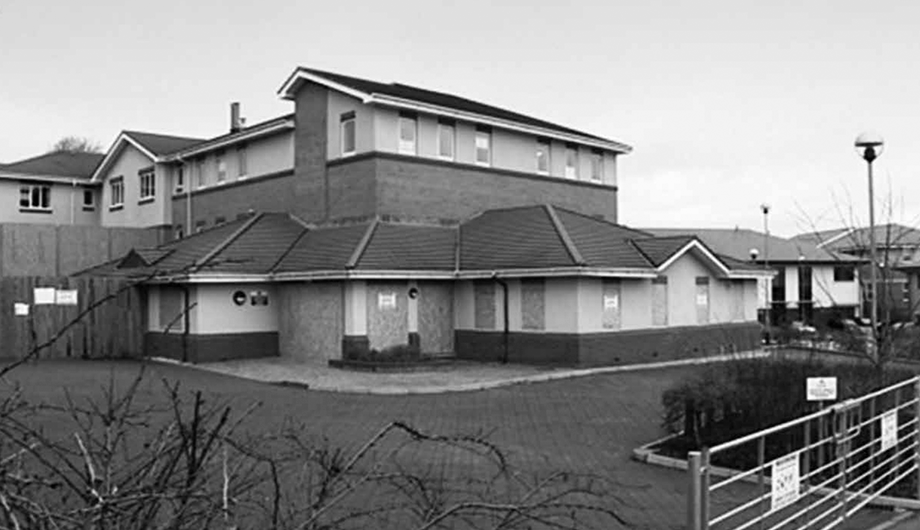
9 Years since Winterbourne View
Looking back and we are still waiting for care to be transformed.

The number of people with a learning disability and/or autism in inpatient units has increased – at least 2,100 people in July 2020 up from 2,085 last month.
Eight years ago a Serious Case Review (SCR) into Winterbourne View Hospital (see SCR here) highlighted that the provision of care for people with learning disabilities was inadequate and a number of key changes in care and support were needed to meet people’s needs effectively and appropriately. Eight years on data published today shows that there continue to be a high number of children, young people and adults in inpatient units – 2,100 children, young people and adults with learning disabilities and/ or autism were in inpatient units in July 2020, including 225 individuals under the age of 18.
The Serious Case Review into Winterbourne View made a number of recommendations including the adoption of the principle of investing in and promoting good quality, local services…providing intensive community support with only limited use of inpatient services (Department of Health 2012).
Despite such recommendations and the ongoing campaigning of people with learning disabilities and/or autism, families and organisations, children, young people and adults with learning disabilities and/ or autism continue to spend too long in inpatient units, often experiencing restrictive interventions. Today’s data shows in May 2020 there were 5,520 incidents of restrictive intervention, an increase of over 2,000 from April. This includes 845 incidents of restrictive intervention experienced by children and young people under 18.
Investment in and promotion of good quality local services for children and adults with learning disabilities and autism has been insufficient. It is essential the government urgently acts to deliver appropriate timely support in the community for individuals with learning disabilities and/ or autism. As always, it is the individuals and their families who live with the significant impact of the failure to provide the right support in the right place at the right time.
People with a learning disability and/or autism shouldn’t be locked up in modern day asylums in the first place, let alone subject to horrifying levels of physical restraint, over-medication and solitary confinement. Yet commissioners and NHS England continue to pay for people to be locked away where they are at greater risk of abuse and neglect.
Lockdown has been disastrous for the Transforming Care programme. The social care system has buckled under pressure of the coronavirus crisis, leaving people at crisis point because they cannot get support they desperately need. Now we are out of national lockdown, we need the Government to urgently plug the funding gap to stabilise the social care sector and develop the vital local support services people need, as well as deliver the cross-government strategy to drive forward the change required to truly transform social care.

Looking back and we are still waiting for care to be transformed.

The report makes a series of recommendations aiming to promote sexual safety and expression in adult social care services.
If you support someone with a severe learning disability whose behaviour challenges you can contact the CBF Family Support service on 0300 666 0126 or email us at support@thecbf.org.uk